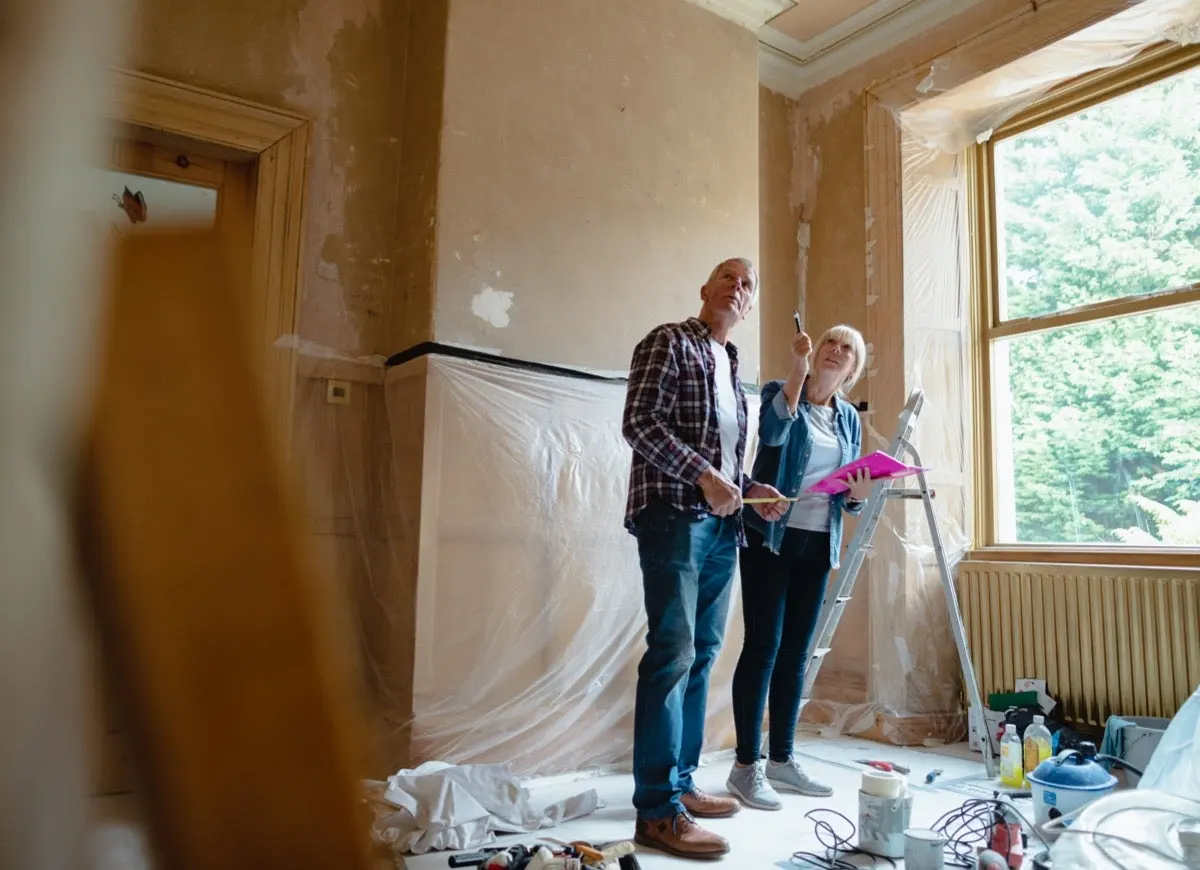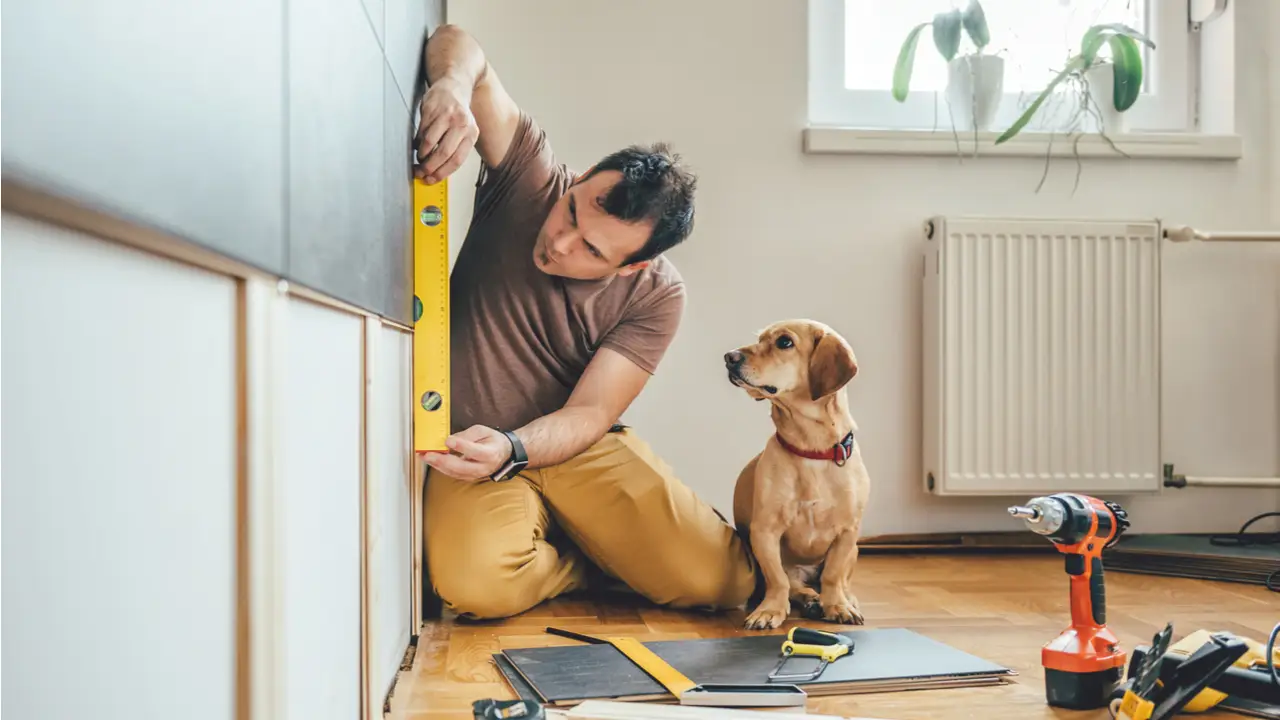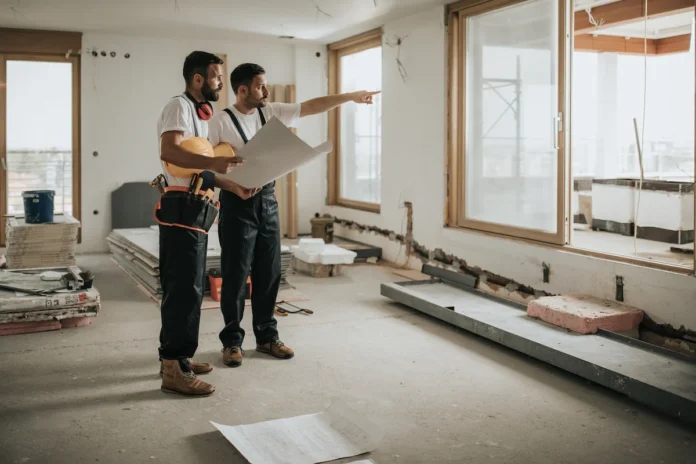Renovating your home is an exciting adventure, filled with anticipation for a refreshed space. However, with all the hustle and bustle, it’s easy to forget about the security of your property. During renovations, your home can be more susceptible to theft, accidents, and other issues.
In this article, we’ll explore practical measures to protect your property, ensuring a smooth and secure renovation process.
Start with a Security Plan
Before the renovation begins, take some time to create a comprehensive security plan. This plan should outline the steps you’ll take to protect your home and belongings. Consider factors such as the types of renovations, the contractors involved, and the duration of the project. For more detailed guidance on creating an effective security plan, read more.
Secure Valuables and Personal Items
During renovations, your home may be accessible to various contractors and workers. To prevent theft, remove or secure valuable items such as jewelry, electronics, and important documents. If possible, consider storing these items off-site in a safe deposit box or with a trusted friend or family member. Alternatively, invest in a secure safe that can be bolted down in a discreet location within your home.
Monitor Access Points
With workers frequently entering and exiting your home, it’s essential to keep an eye on access points. Make sure all doors and windows are securely locked when not in use. If possible, use deadbolts and additional locking mechanisms for extra security.

Install Security Cameras
Security cameras are an excellent way to monitor your property during renovations. Place cameras at key access points, such as entrances and exits, to capture footage of anyone entering or leaving your home. Modern security cameras often come with features like motion detection, night vision, and remote monitoring via smartphone apps.
Use Temporary Lighting
Proper lighting is a simple yet effective security measure. Install temporary lighting around your property, especially in dark or poorly lit areas. Motion-sensor lights can be particularly useful, as they activate when movement is detected, alerting you and deterring potential intruders. Make sure to place lights at all entry points and pathways used by contractors and workers.
Use Temporary Security Systems
In addition to traditional security measures, consider using temporary security systems. Portable alarm systems can be easily installed and removed, providing an extra layer of protection during renovations. These systems can include door and window sensors, motion detectors, and sirens. Some systems even offer professional monitoring services, alerting authorities in case of a security breach.
Limit Access to Sensitive Areas
Certain areas of your home may contain sensitive information or valuable items that you want to keep private. During renovations, it’s wise to limit access to these areas.
You can do this by locking doors, using keypads or electronic locks, or even creating temporary barriers. Clearly communicate with contractors about which areas are off-limits to ensure they respect your privacy.

Check Insurance Coverage
Before starting any renovation project, review your homeowner’s insurance policy. Ensure it covers any potential damage or theft that may occur during the renovation process. If necessary, consider purchasing additional coverage for specific items or areas of your home.
The Bottom Line
Renovating your home should be a joyful experience, not a source of stress. By taking the time to secure your property and valuables, you can ensure a safe and smooth renovation process.




